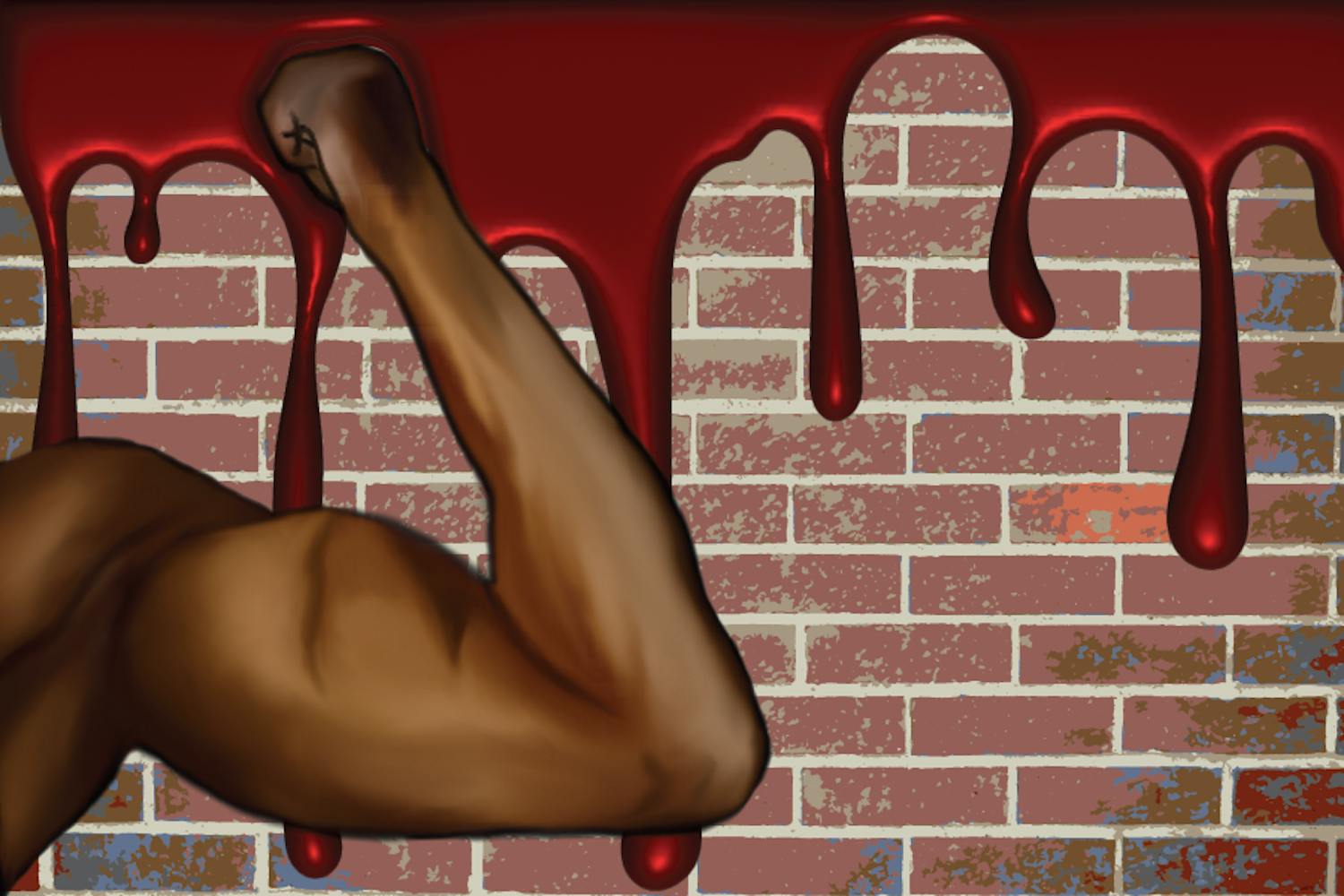Sony Pictures's "Skyfall" was one of three 2012 films to cross the $1 billion mark, a distinction shared among only 14 movies in film history.
"Skyfall" was nominated for Outstanding British Film at the BAFTAs and earned a Best Picture nomination at the Producer’s Guild Awards. The 2013 Academy Awards ceremony will feature a tribute to the James Bond franchise, the longest running in history.
That’s a lot of prestige for a boozing, womanizing spy known mostly for inappropriate puns and ridiculous gadgets.
“Skyfall” was commercially and critically successful. Leading movie critics such as Time Magazine’s Glen Levy discussed the chances of a Best Picture nod in the days leading up to Oscar nominations. While the film did not end up reaching those heights, its mere consideration as a contender warrants attention.
Bond’s status as film’s longest running franchise is troubling commentary on the medium. Fifty years of film — five decades of massive social, technological and artistic changes — and the most reliable character is the one who prompted an infographic illustrating the number and locations of his sexual encounters.
The franchise is infamous for objectifying women, glorifying drinking and violence and unrealistically portraying espionage as a life of disposable gadgets and tailored tuxedos. Sex, violence and jokes— apparently audiences’ perfect cocktail.
Not exactly society at its best, is it?
But then there’s “Skyfall,” with the downtrodden hero and the evil genius: Themes we’ve been investigating as a culture extensively in recent years, from superhero movies to crime procedurals.
There is a consensus in pop culture that somehow James Bond has become a kind of commentary on our lives.
That’s a lesson in the flexibility of cultural images, an illustration of how much more potent an effect can be created when the familiar is used to talk about unspoken fears — fears of obsolescence and growing old, of chaos and unpredictability, of the self and its capacity for evil.
“Skyfall” uses a familiar man in a familiar tuxedo with his familiar martini and pistol to underscore what has changed in half a century and what hasn't, and why that should concern us.
Therein lies the appeal of an icon, a franchise. Part of it is dominated by business smarts; a recognizable property guarantees profits.
But for audience members, it’s the concept of taking a smarmy spy with little remaining relevance in a post-Cold War, post-9/11 context and turning him into a disillusioned portrait of modern identity: embittered, violent and consciously seeking validation for his existence in a world too big, too gray and too far gone.
Most trace the incredible success of “Skyfall” to the franchise reboot in 2006. I would place particular emphasis on the term “reboot.”
We’re collectively bent upon rebooting and rejuvenating our characters, trusting in familiar ground as a fertile foundation for something profound.
Bond's reboot echoes a hope for redemption and resurrection of what we already have and already are, as scarred and disillusioned as that may be. It’s like rebooting ourselves: Using what's familiar to challenge what we already know, a fitting movie counterpart for the retro remix generation.
As Bond persists after 50 years, it proves both that nothing is new and that this realization can lead to unexpected innovation.
Reach the columnist at esther.drown@asu.edu or follow her at @EMDrown
Want to join the conversation? Send an email to opiniondesk.statepress@



